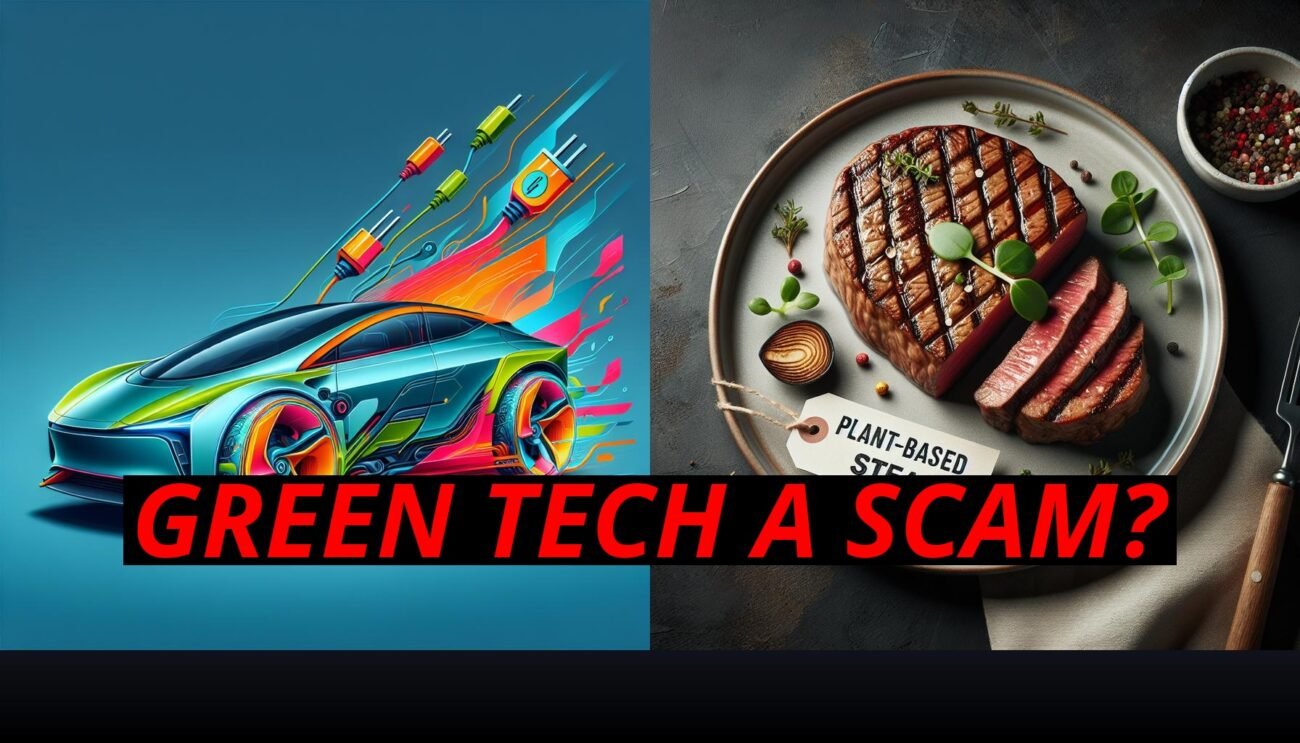Are Electric Cars Losing Their Appeal?
What if I told you that the electric car hype might be fading and consumers are starting to look elsewhere? Today, we’re diving into the intriguing question of whether electric cars are losing their appeal among consumers and exploring the factors contributing to this trend. Get ready to uncover the surprising reasons behind this shift and what it could mean for the future of transportation.
High Cost Of Electric Vehicles
Electric cars once seemed like the inevitable future of transportation, promising cleaner energy and cutting-edge technology. However, recent trends suggest that their appeal might be waning. One of the main reasons for this shift is the high cost of electric vehicles. Despite advances in technology, EVs are still significantly more expensive than their gasoline counterparts. The initial purchase price remains a major barrier for many consumers, making it difficult for electric cars to become mainstream. Even with government incentives and subsidies, the financial burden can be hard to justify for the average buyer.
Range Anxiety And Charging Infrastructure
Another significant factor is the range anxiety associated with electric cars. Although modern EVs boast improved range capabilities, they still can’t match the convenience of gasoline cars. The fear of running out of power in the middle of a journey is a real concern for many drivers. This is compounded by the relatively sparse and inconsistent charging infrastructure. While charging stations are becoming more common, they are still not as ubiquitous as gas stations, leading to long detours and extended wait times for charging, especially on long trips.
Charging Time
Charging time is another critical issue. Even the fastest chargers take considerably longer than filling up a gas tank. Fast chargers can take 30 minutes to an hour to charge a vehicle to 80%, which is far from convenient compared to the few minutes it takes to refuel a gasoline car. This extended downtime can be a significant inconvenience for those with busy schedules, making electric cars less attractive for everyday use.
Battery Life And Replacement Costs
Battery life and replacement costs also contribute to the declining appeal of electric cars. The lifespan of an EV battery is typically around 8 to 10 years, after which its performance deteriorates. Replacing a battery can cost thousands of dollars, a significant expense that can make maintaining an electric car much more expensive in the long run. This potential for high maintenance costs can deter consumers from investing in electric vehicles.
Environmental Concerns
Environmental concerns, ironically, also play a role. While electric cars are marketed as eco-friendly, the production and disposal of batteries involve significant environmental impact. Mining for lithium, cobalt, and nickel is environmentally destructive and often involves unethical labor practices. Additionally, the recycling infrastructure for EV batteries is still developing, meaning many end up in landfills, contributing to pollution. These factors can make environmentally conscious consumers rethink their choice.
Evolving Consumer Preferences
Consumer preferences are also evolving. With the rise of micromobility solutions and improvements in public transportation, many people are looking for more flexible and cost-effective ways to get around. Bikes, scooters, and efficient public transit systems are becoming more attractive, particularly in urban areas where the benefits of owning a private car are diminishing. This shift towards more sustainable and versatile transportation options is influencing consumer interest in electric cars.
Conclusion
While electric cars have made significant strides in technology and sustainability, several factors are contributing to their declining appeal among consumers. High costs, range anxiety, long charging times, potential maintenance expenses, environmental concerns, and evolving transportation preferences all play a part in this trend. As the transportation landscape continues to evolve, it’s clear that electric cars are not the only solution and may not be the ultimate answer for everyone.
What are your thoughts on the future of electric cars? Do you think they’re losing their appeal, or is this just a temporary setback? Share your opinions and experiences in the comments below. If you found this article insightful, share it with your friends and family. Let’s spread the word about the changing trends in transportation and explore what the future might hold for all of us.













